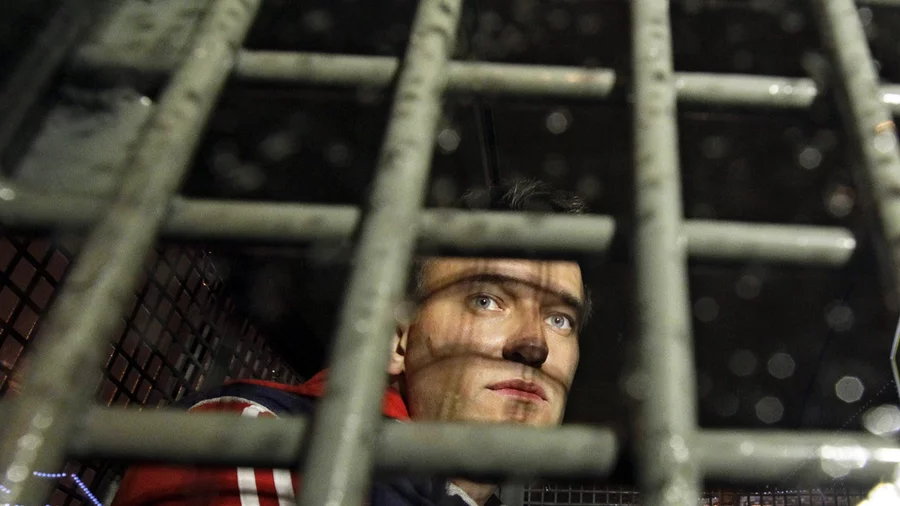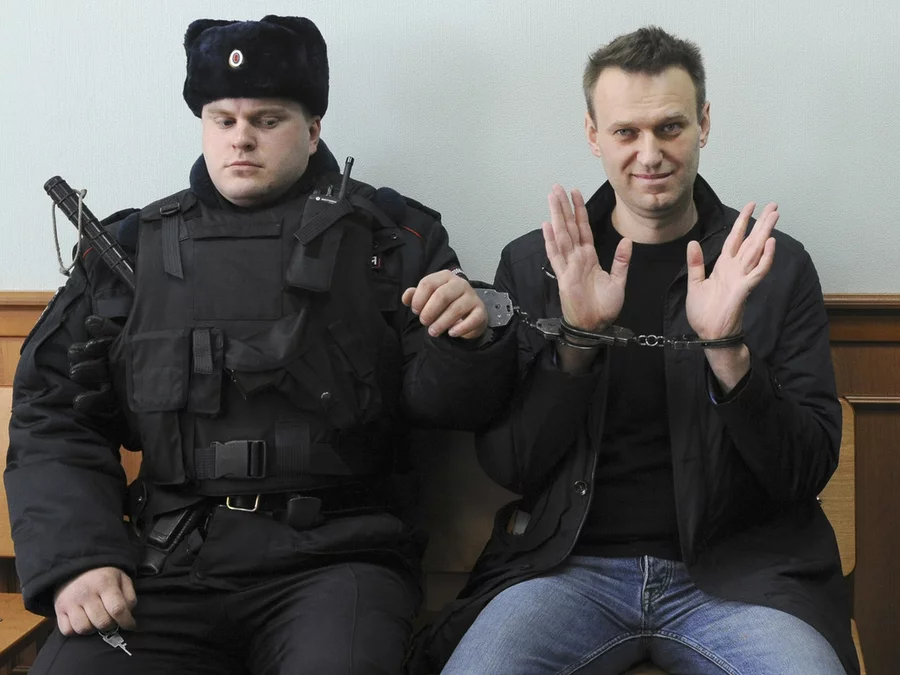Russian Opposition Leader Alexei Navalny Dies in Prison

Prominent Russian opposition figure Alexei Navalny, aged 47, has succumbed to an untimely demise in a remote Russian prison. The Federal Penitentiary Service in the Yamalo-Nenets Autonomous District, above the Arctic Circle, confirmed Navalny’s death, sparking international reactions and highlighting concerns about his treatment in captivity.
Controversial Circumstances Surrounding Navalny’s Passing
Navalny reportedly fell ill following a walk in the prison yard, subsequently losing consciousness. Despite efforts by emergency medics to resuscitate him, their attempts proved futile. Navalny’s imprisonment, which stemmed from charges including extremism, had long been criticized as a punitive measure for his outspoken criticism of Russian President Vladimir Putin.
Global Outcry and Political Fallout
Kremlin spokesperson Dmitry Peskov confirmed that President Putin was informed of Navalny’s death, and investigations into the cause are underway. Swift reactions from around the world, notably from U.S. Secretary of State Antony Blinken, underscore the geopolitical ramifications of Navalny’s demise and raise questions about the Russian political landscape.
Long-Standing Concerns for Navalny’s Well-being
Navalny’s family and supporters had continuously raised alarms about the opposition leader’s well-being while in prison. Allegations of denied medical care and prolonged solitary confinement, aimed at isolating him from the outside world, fueled fears for his safety. Earlier suspicions in April pointed towards the possibility of Navalny being slowly poisoned.
Navalny’s Journey – From Activist to Opposition Leader

Born on June 4, 1976, outside Moscow, Navalny initially gained prominence as a lawyer advocating for shareholder revolts against corrupt state companies. His activism evolved into a nationwide movement, challenging flawed elections and earning him a significant political following despite frequent arrests.
Challenges and Threats Faced by Navalny
Throughout his career, Navalny faced numerous challenges, including a 2017 chemical attack that nearly blinded him and a 2020 poisoning with the nerve agent Novichok. His return to Russia in 2021 led to imprisonment, subsequent trials, and the dismantling of his political network by authorities.
Legacy of Navalny’s Defiance
Despite the hurdles, Navalny remained a formidable political presence, receiving international accolades such as a European human rights prize in 2021 and an Oscar-winning documentary in 2022. He continued to criticize Putin, particularly regarding the war in Ukraine, emphasizing his vision for a future “happy Russia.”
Navalny’s Survivors and Continued Influence
Navalny is survived by his wife, Yulia Navalnaya, brother Oleg, daughter Daria, and son Zakhar. Even in death, Navalny’s influence persists, leaving a lasting impact on Russian politics and inspiring those who seek change in a climate characterized by repression and fear.